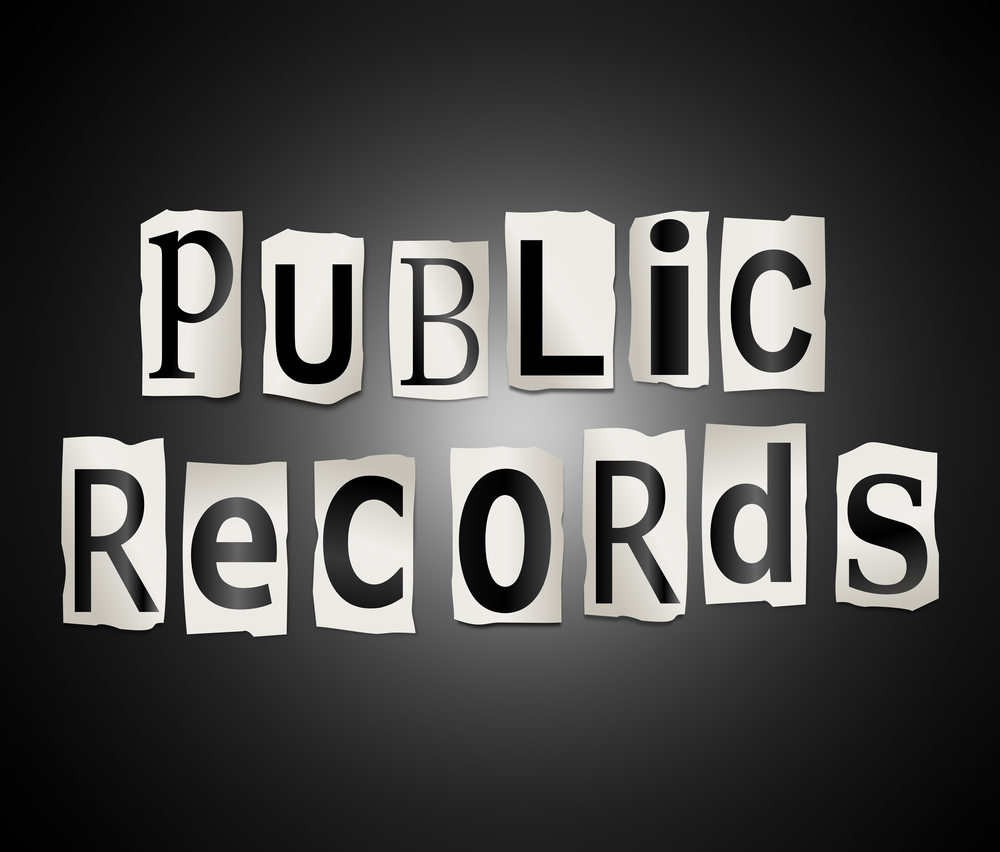Recording Documents in Public Records to put Others on Constructive Notice

A primary reason why documents concerning real property are recorded in the public (official) records is so that parties that do not have actual notice have “constructive notice” of the recording. Because the document was recorded in the public records, you reasonably should have known of the recording.
To this point, Florida Statute s. 695.01(1) provides in pertinent portion, “No conveyance, transfer, or mortgage of real property, or of any interest therein, nor any lease for a term of 1 year or longer, shall be good and effectual in law or equity against creditors or subsequent purchasers for a valuable consideration and without notice, unless the same be [publicly] recorded according to law….” Florida Statute s. 695.03 discusses the requirements to authenticate such a document for public recording purposes.
Consider a restrictive covenant (or land use restriction) that runs with the land that is recorded in the public records.
“[T]o create a valid, enforceable restrictive covenant that runs with the land, there must be ‘(1) the existence of a covenant that touches and involves the land, (2) an intention that the covenant run with the land, and (3) notice of the restriction on the part of the party against whom enforcement is sought.’” The Pantry, Inc. v. Mijax Manager, LLC, 46 Fla.L.Weekly D52a (Fla. 5th DCA 2020) (citation omitted). “Constructive notice of a restrictive covenant is ‘imputed to a person not having actual notice; for example, such as would be imputed under the recording statutes to persons dealing with property subject to those statutes.’” The Pantry, Inc, supra (citation omitted). Simply stated, a subsequent purchaser of that land is said to have constructive notice of that restrictive covenant because it was publicly recorded; the subsequent purchaser is bound by that restrictive covenant it had constructive notice of.
Although this article briefly discusses a restrictive covenant that runs with the land, the rationale would apply to ANY public recording concerning real property. The document is recorded to put others on constructive notice of the public recording.
Please contact David Adelstein at [email protected] or (954) 361-4720 if you have questions or would like more information regarding this article. You can follow David Adelstein on Twitter @DavidAdelstein1.




